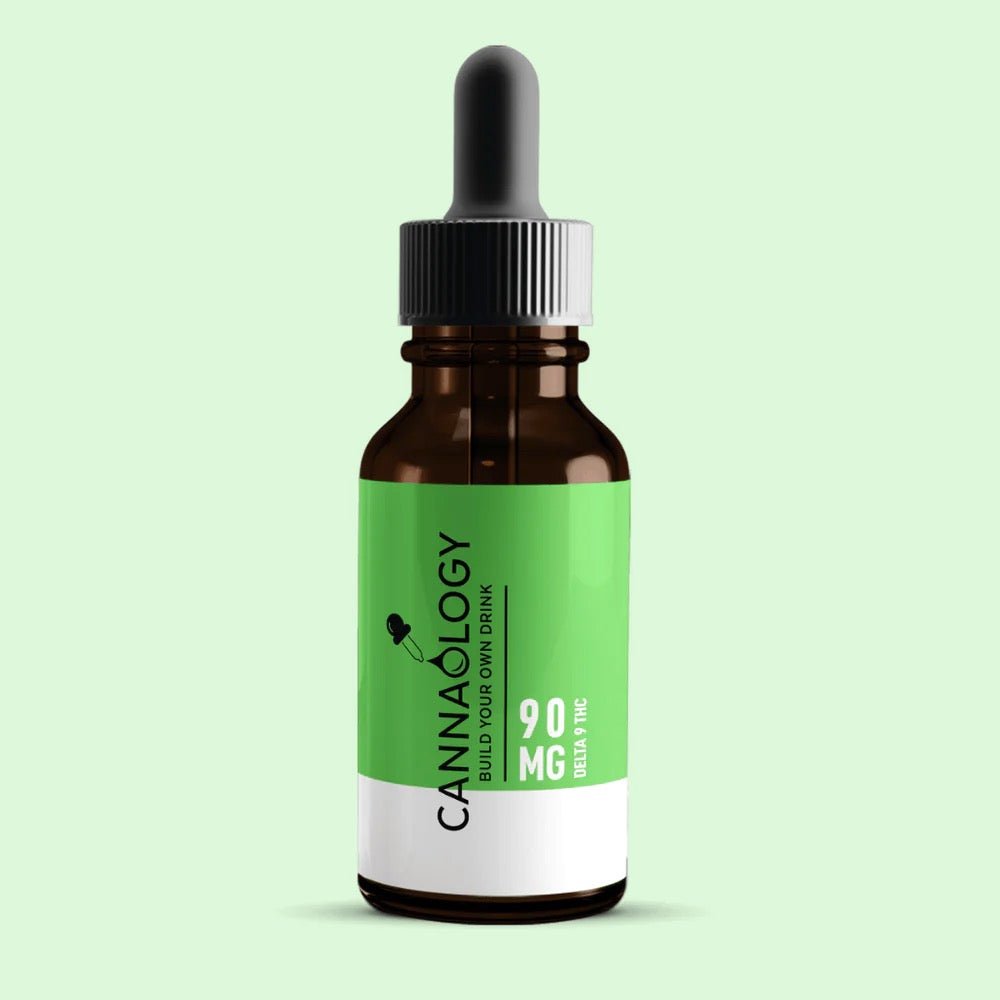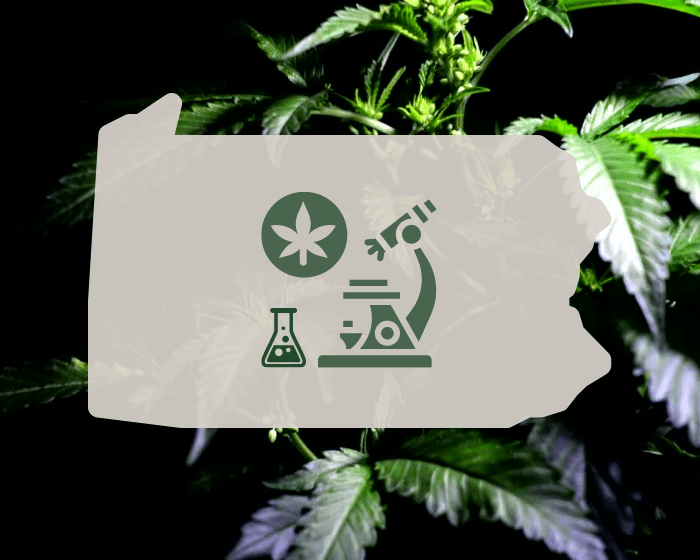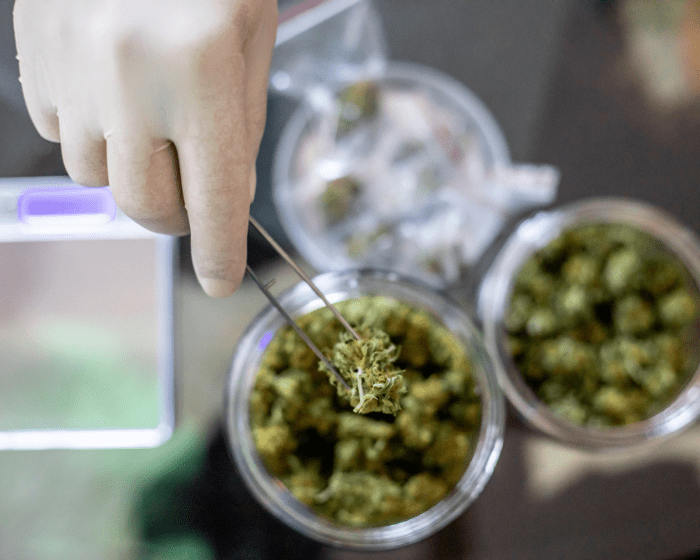(But the plants grown from them aren’t.)

There’s a newfound member of the hemp family: seeds of high-THC cannabis.
Because the seeds themselves typically contain only trace amounts of THC, they fall under hemp protections and are generally uncontrolled and legal, reports Marijuana Moment.
Since When?
Since the enactment of the 2018 Farm Bill. But it was unclear until very recently.
Attorney Shane Pennington — an appellate lawyer and half of the team behind the regulation-focused Substack publication “On Drugs” — had written to the U.S. Drug Enforcement Administration (DEA) in November 2021 asking for clarification on the issue.
In a January 2022 letter to Pennington, DEA confirmed that cannabis seeds with THC concentrations below 0.3 percent are considered hemp. And that holds whether they come from hemp or “marihuana,” as the agency calls it.
In the words of Terrence L. Boos, chief of the DEA’s Drug & Chemical Evaluation Section: “Accordingly, marihuana seed that has a delta-9-tetrahydrocannabinol concentration of not more than 0.3 percent on a dry weight basis meets the definition of ‘hemp’ and thus is not controlled under the CSA [Controlled Substances Act]. Conversely, marihuana seed having a delta-9 tetrahydrocannabinol concentration more than 0.3 percent on a dry weight basis is controlled in schedule I under the CSA as marihuana.”
"Marihuana seed that has a delta-9-tetrahydrocannabinol concentration of not more than 0.3 percent on a dry weight basis meets the definition of ‘hemp’ and thus is not controlled under the Controlled Substances Act.”
— Terrence L. Boos, DEA Drug & Chemical Evaluation Section Chief
Under the same reasoning, the DEA said any other material derived or extracted from high-THC cannabis plants with a THC concentration below 0.3 percent, including tissue culture and genetic material, would be considered hemp.
“[T]he Source Rule is dead,” Pennington concluded based on the agency’s response. “What do I mean by that? Simply that whether a particular sample of CBD (or any other cannabis-derived material) is a controlled substance doesn’t depend on the sample’s source. Rather, in the wake of the 2018 Farm Bill, the analysis depends entirely on whether the sample contains .3% delta-9 THC or more on a dry weight basis. If so, it’s schedule I ‘marihuana.’ Otherwise, it’s hemp.”
“The Source Rule is dead. What do I mean by that? Simply that whether a particular sample of CBD (or any other cannabis-derived material) is a controlled substance doesn’t depend on the sample’s source.”
— Shane Pennington, Attorney
Any plants grown from those seeds would be considered illegal by the federal government under current laws, even if those laws appear likely to change in the near future.
The DEA has been consistent with this interpretation of the Farm Bill. In a letter written last September, Boos said the Controlled Substances Act excludes hemp-derived THCs like delta-8 and delta-10, as long as delta-9 THC concentrations don’t exceed 0.3 percent on a dry weight basis.
Why Does It Matter?
Pennington told Marijuana Moment the letter was significant because confusion over the source rule is “influencing legislative proposals even at the federal level.”
Pennington and his partner in the “On Drugs” newsletter, attorney Matt Zorn, are involved in legal challenges to several drug policies.
"The attorneys have an extensive history of litigating against the agency on cannabis and broader drug policy issues,” wrote Kyle Jaeger for Marijuana Moment, “helping to break the federal monopoly on marijuana cultivation for research purposes, for example.”
Zorn also helped argue a case that overturned Texas’ ban on making and selling smokable hemp products (think hemp flower and CBD vapes). The state’s health department filed for an appeal through the Texas Supreme Court in December, and the court heard arguments in the case March 22. Attorneys expect a ruling this summer.







































